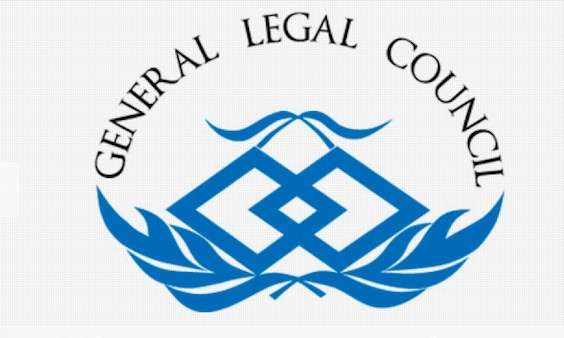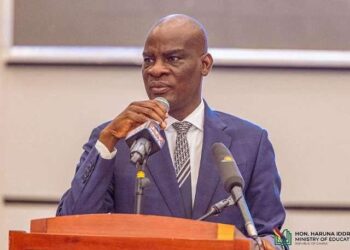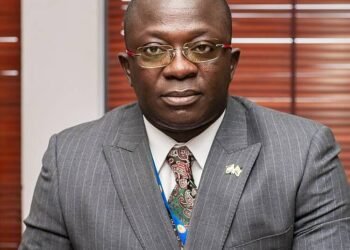Concerns over Ghana’s legal education system have resurfaced, as Hon. Rockson-Nelson Dafeamekpor, Member of Parliament for South Dayi, publicly criticized the General Legal Council (GLC) over what he described as an unjust and unconstitutional policy.
According to the MP, the GLC’s insistence that candidates waive their right to challenge examination decisions is not only unlawful but fundamentally unfair.
His latest remarks spotlight what many view as growing administrative challenges within the country’s legal education regime.
Accordingly, Hon. Dafeamekpor questioned why aspiring lawyers should be compelled to surrender their constitutional rights simply to advance within their chosen profession.
He described the situation as “absolutely unconscionable,” stressing that compelling candidates to relinquish their legal rights erodes basic principles of fairness and due process.
“I hope this is reversed soon before it’s taken to court. These are some of the abhorrent administrative ills pervading the current regime of legal education in Ghana, the new Bill will correct & remedy.”
Hon. Rockson-Nelson Dafeamekpor
The MP further argued that the policy is symptomatic of deeper structural issues facing legal education in Ghana, including a monopolistic control that limits access and transparency.
He added that proposed legislative reforms would address and correct such deficiencies, calling on stakeholders to prevent such policies from becoming entrenched.
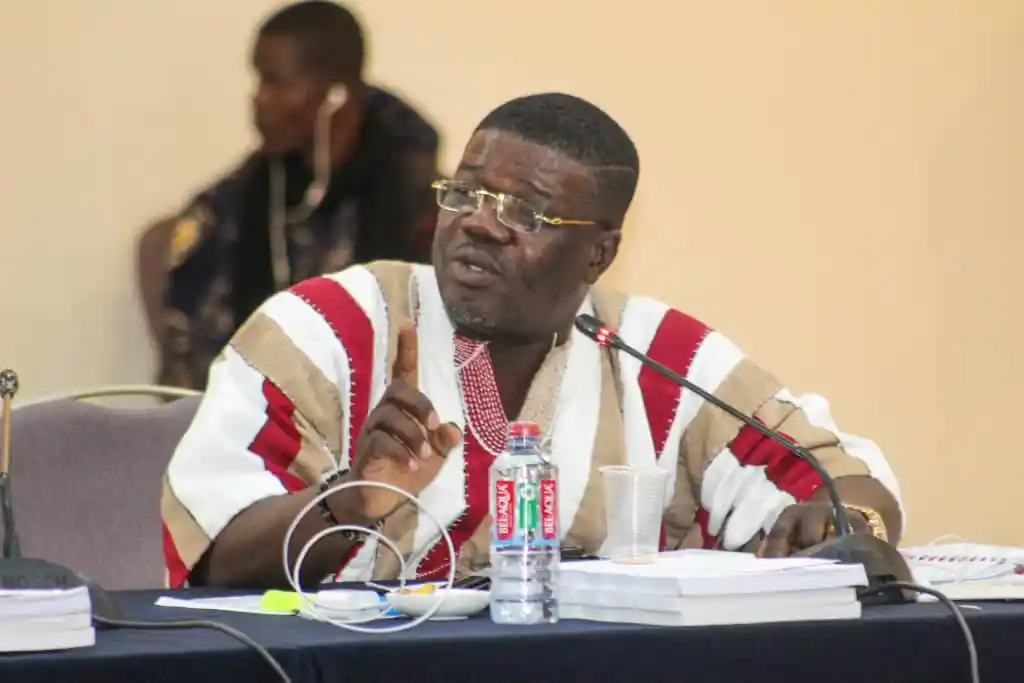
Hon. Dafeamekpor questioned the integrity of requiring candidates to unconditionally accept GLC decisions regarding examination outcomes.
He cited the example that even decisions by Ghana’s highest court—the Supreme Court—remain open to review, making it illogical for the GLC to assert that its own determinations should be final and unquestionable.
“‘…I undertake to accept without question, the decision of the GLC…’? Really?” he asked rhetorically, emphasizing the policy’s inconsistency with established legal norms.
GLC Defends Examination Procedures
Meanwhile, the General Legal Council maintained that its examination processes are credible and thorough, relying on strict and standardized systems for evaluating answer booklets and conducting multiple checks before releasing results.
The GLC stated that its examination processes are thorough and transparent internally, arguing that its final decisions must therefore stand without further challenge.
The GLC’s declaration form specifically indicates that candidates are expected to agree that the “decision of the General Legal Council in respect of the published results of the Entrance Examination shall be final.”

It categorically denies candidates the opportunity to request remarking of scripts, review of marks, or access to their marked answer booklets or the marking schemes applied during evaluation.
Candidates are also required to “undertake to accept without question the decision of the General Legal Council in respect of the published results of the Entrance Examination as final.”
According to the GLC, these measures are designed to protect the integrity and efficiency of the examination process.
However, critics argue that this stance limits transparency and denies students the ability to challenge potentially flawed assessments.
This policy, opponents say, reinforces the broader problem of restricted access and limited oversight within the legal education system.
Call For Reform Intensifies
The controversy also rekindled national debate over the monopolistic structure of legal education in Ghana.
For years, the GLC and the Ghana School of Law have maintained tight control over legal training and certification, leading to accusations of gatekeeping and bottleneck practices.
Recent government efforts aimed at diversifying and liberalizing access to legal education appear insufficient, as restrictive policies like the GLC’s examination declaration persist.
Hon. Dafeamekpor called on the legal community, lawmakers, and civil society to scrutinize these regulations carefully. “The GLC cannot continue on this path.”
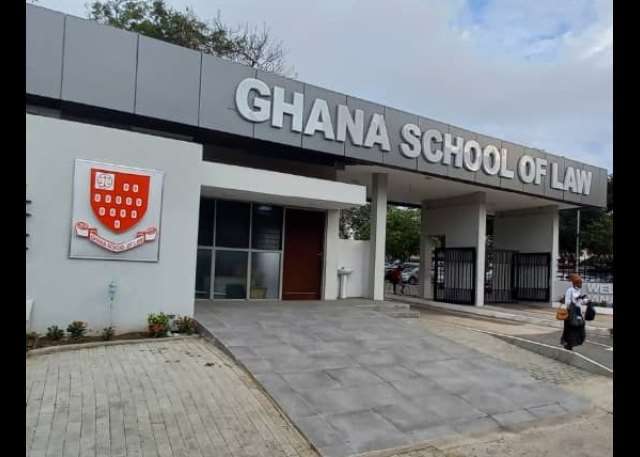
He argued that the time has come to uphold the principles of open, transparent, and accountable governance within the legal education sector, warning that failing to address these concerns could undermine public trust in Ghana’s legal system.
In his view, allowing such restrictive practices to continue risks creating a closed and inaccessible legal profession that could hinder the country’s broader democratic development.
The MP maintained that legal education should promote openness and fairness, rather than suppress the rights of future practitioners under the guise of administrative efficiency.
As discussions continue, all eyes are on the General Legal Council and whether it will respond to growing public pressure to revise its contentious policies.
For many aspiring lawyers and education advocates, the issue goes beyond examination procedures—it touches on fundamental rights, professional equity, and the future direction of legal education in Ghana.
READ ALSO: Gaza’s Only Catholic Church Struck By Israeli Forces

